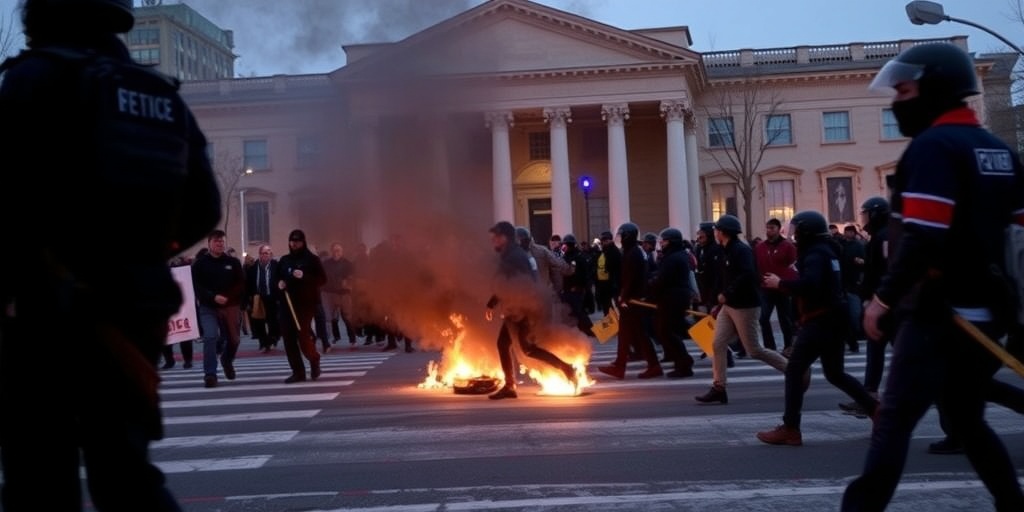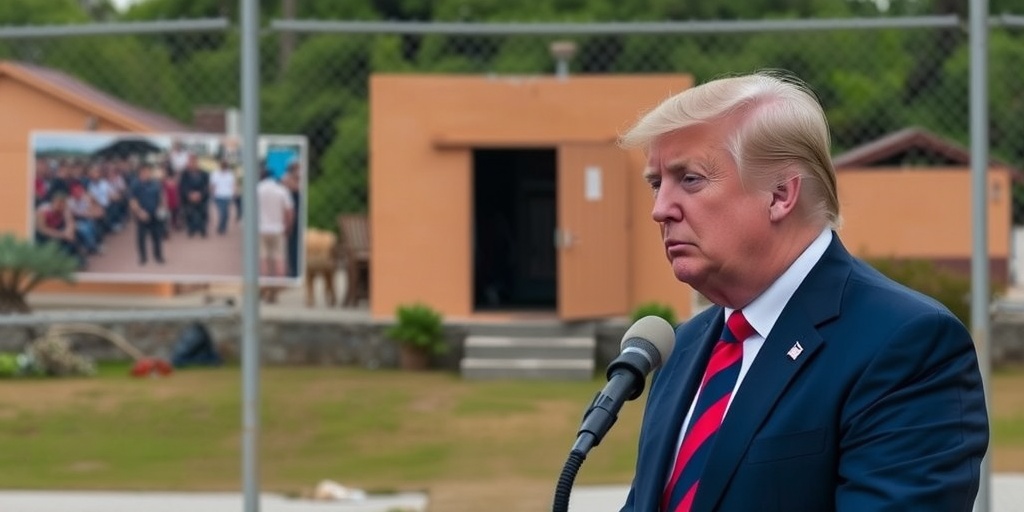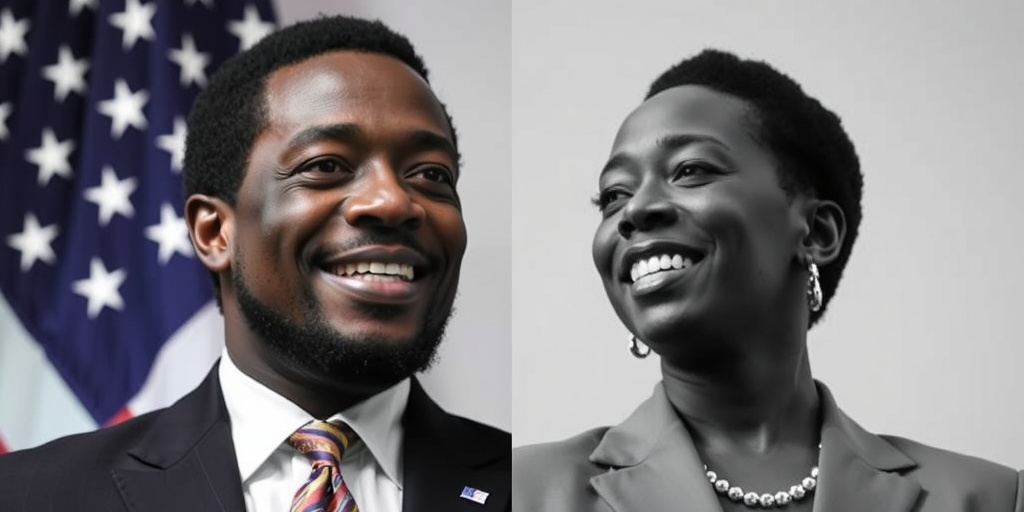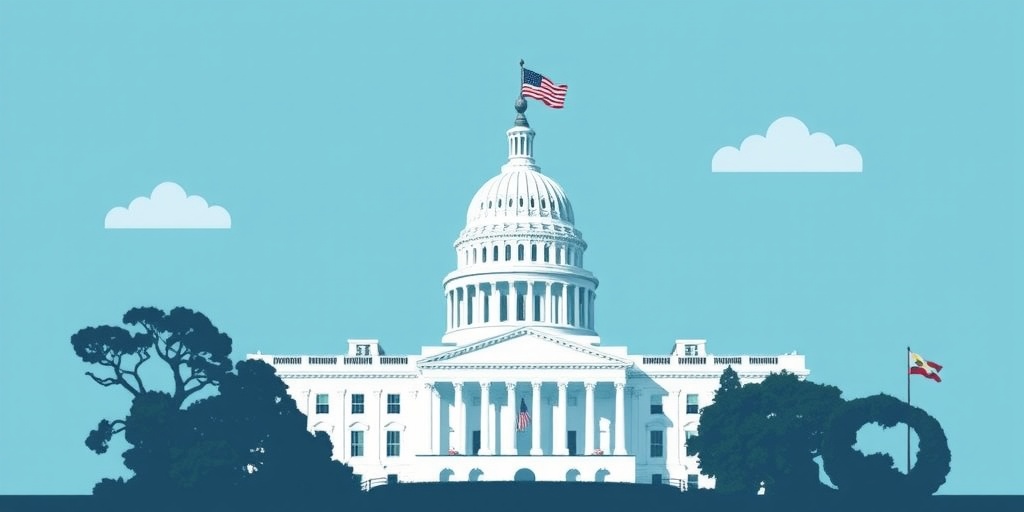Now Reading: Bishop Urges Trump to Show Mercy to Immigrants and LGBTQ+ Youth
-
01
Bishop Urges Trump to Show Mercy to Immigrants and LGBTQ+ Youth
Bishop Urges Trump to Show Mercy to Immigrants and LGBTQ+ Youth
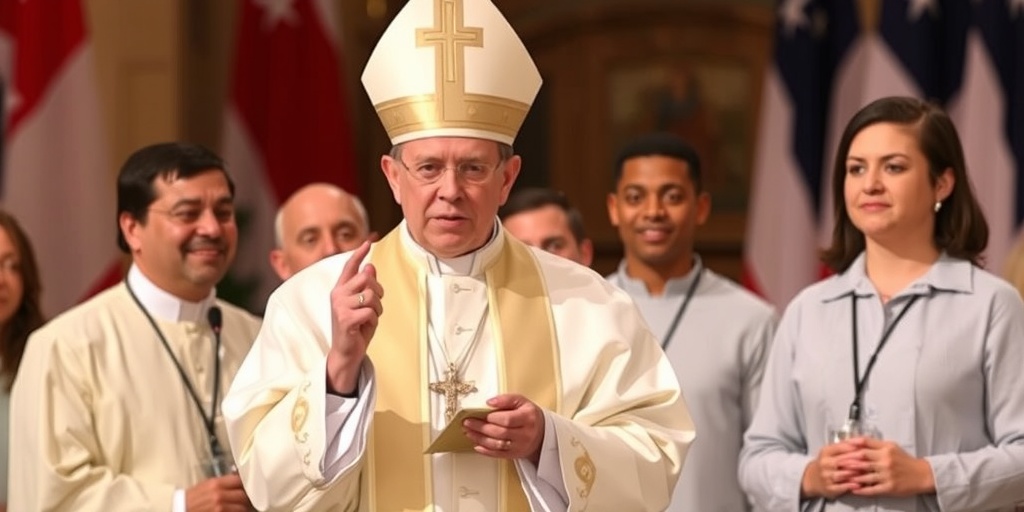
Bishop Budde’s Impassioned Appeal for Compassion During Trump’s Inaugural Prayer Service
During the prayer service held in conjunction with President Donald J. Trump’s inauguration, there was a notable moment when Bishop Mariann Edgar Budde, the leader of the Episcopal diocese of Washington, urged the newly sworn-in president to show mercy towards marginalized communities, including LGBTQ+ individuals and undocumented immigrants. Her heartfelt appeal came at a critical moment when many in these communities expressed fear and uncertainty about their future in the wake of Trump’s election and the controversial executive orders he had signed just prior to the service.
Bishop Budde began her sermon by addressing various vulnerable populations in the United States, emphasizing the fear that exists in many households due to the new administration’s policies. “I ask you to have mercy upon the people in our country who are scared now,” she implored, highlighting that gay, lesbian, and transgender children exist in families across the political spectrum. This direct plea was a poignant reminder of the human impact of political decisions, especially at a time when many individuals within these communities felt increasingly threatened.
Her remarks were particularly significant, occurring only a day after Trump implemented a series of executive orders that included measures targeting transgender rights and strict immigration policies. The day before the prayer service, Trump had issued orders aimed at facilitating massive deportations and restricting the flow of refugees and asylum seekers. Bishop Budde’s sermon, therefore, was not just a religious address; it was a bold statement reflecting the anxiety felt by many in response to the new president’s agenda.
Attending the service, Trump listened intently but exhibited a mixed response. At times he appeared contemplative, while other moments saw him exchanging glances with Vice President JD Vance, who seemed to react with surprise to the sermon’s direct content. Post-service, when asked about his thoughts on the address, Trump gave a dismissive response, stating, “Did you like it? Did you find it exciting? Not too exciting, was it?” He later commented, “I didn’t think it was a good service, no. They could do much better.” This response only underscored the tension between the president’s administration and the communities represented in Bishop Budde’s appeal.
Bishop Budde later clarified her intentions, stating that her sermon aimed to express the fears she had witnessed within both the immigrant and LGBTQ+ communities. She articulated a pervasive concern regarding the apparent “license to be really quite cruel” that some feel empowered to express under the new administration. “I wasn’t necessarily calling the president out. I was trying to say, ‘The country has been entrusted to you,’” she noted, asserting that compassion and mercy should be central virtues of leadership.
The inaugural prayer service, which has historically been a moment of unity and reflection rather than political discourse, took on a different character this time. Bishop Budde’s direct address to Trump marked a notable departure from the norm, illustrating the urgent need for dialogue on crucial social issues right from the onset of his presidency. The Episcopal leader’s focus on mercy serves not only as a reminder of the ethical responsibilities leaders hold but also signals the potential for religious institutions to play active roles in societal discourse.
As the new president’s executive orders unfolded, they continued to provoke concern among various groups. One of the most contentious measures included the rescinding of protections against discrimination based on sex, which the Biden administration had previously instated. Trump’s new definition of sex sought to classify individuals strictly based on their biological attributes at conception, subsequently dismissing gender identity altogether. This redefinition and the ban on federal funds for promoting "gender ideology" sparked alarm among advocates who view such measures as regressive and detrimental to progress on gender rights.
In parallel, the president’s immigration policy adjustments included drastic measures to suspend refugee admissions, curtail asylum options, and assert military presence at the borders. The narrative painted by Trump regarding immigrants often leaned towards depicting all undocumented individuals as threats, a characterization that Bishop Budde openly contested. She remarked on the injustice of reducing migrants to mere criminals, acknowledging that many are individuals fleeing violence and poverty in search of a better life. Her call for compassion and understanding was a reminder of the shared humanity of all individuals, regardless of their immigration status.
As discussions surrounding these topics gain momentum, Bishop Budde’s sermon serves as both a powerful critique and a hopeful call for mercy. The stark contrast between her message of empathy and Trump’s policy direction highlights the ongoing struggles many face, particularly in vulnerable communities. By urging the new president to embody the qualities of compassion and leadership, she illuminated the path forward marked by understanding and solidarity—qualities that, in challenging times, are more vital than ever.
Stay Informed With the Latest & Most Important News
Previous Post
Next Post
-
 01New technology breakthrough has everyone talking right now
01New technology breakthrough has everyone talking right now -
 02Unbelievable life hack everyone needs to try today
02Unbelievable life hack everyone needs to try today -
 03Fascinating discovery found buried deep beneath the ocean
03Fascinating discovery found buried deep beneath the ocean -
 04Man invents genius device that solves everyday problems
04Man invents genius device that solves everyday problems -
 05Shocking discovery that changes what we know forever
05Shocking discovery that changes what we know forever -
 06Internet goes wild over celebrity’s unexpected fashion choice
06Internet goes wild over celebrity’s unexpected fashion choice -
 07Rare animal sighting stuns scientists and wildlife lovers
07Rare animal sighting stuns scientists and wildlife lovers













